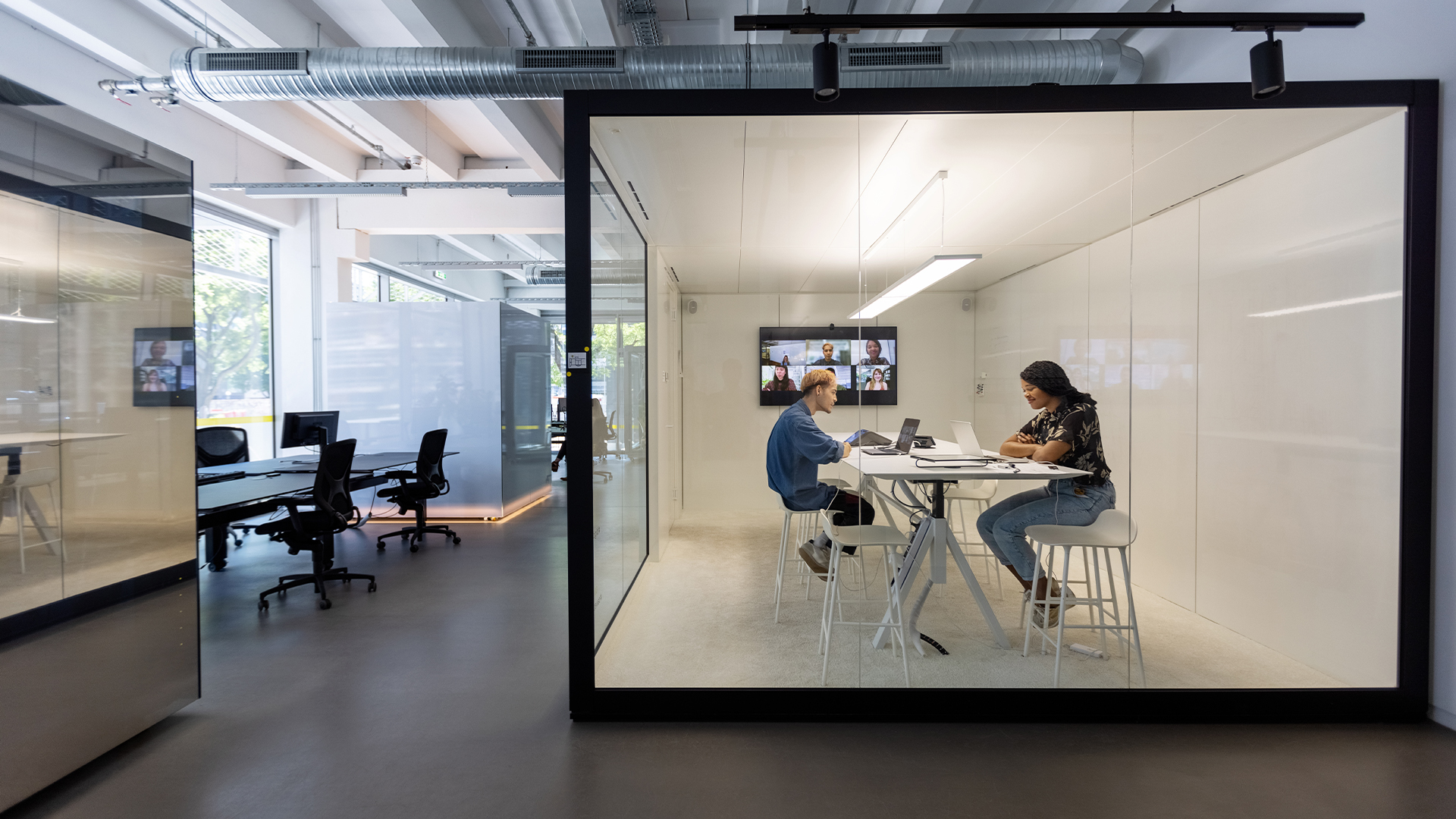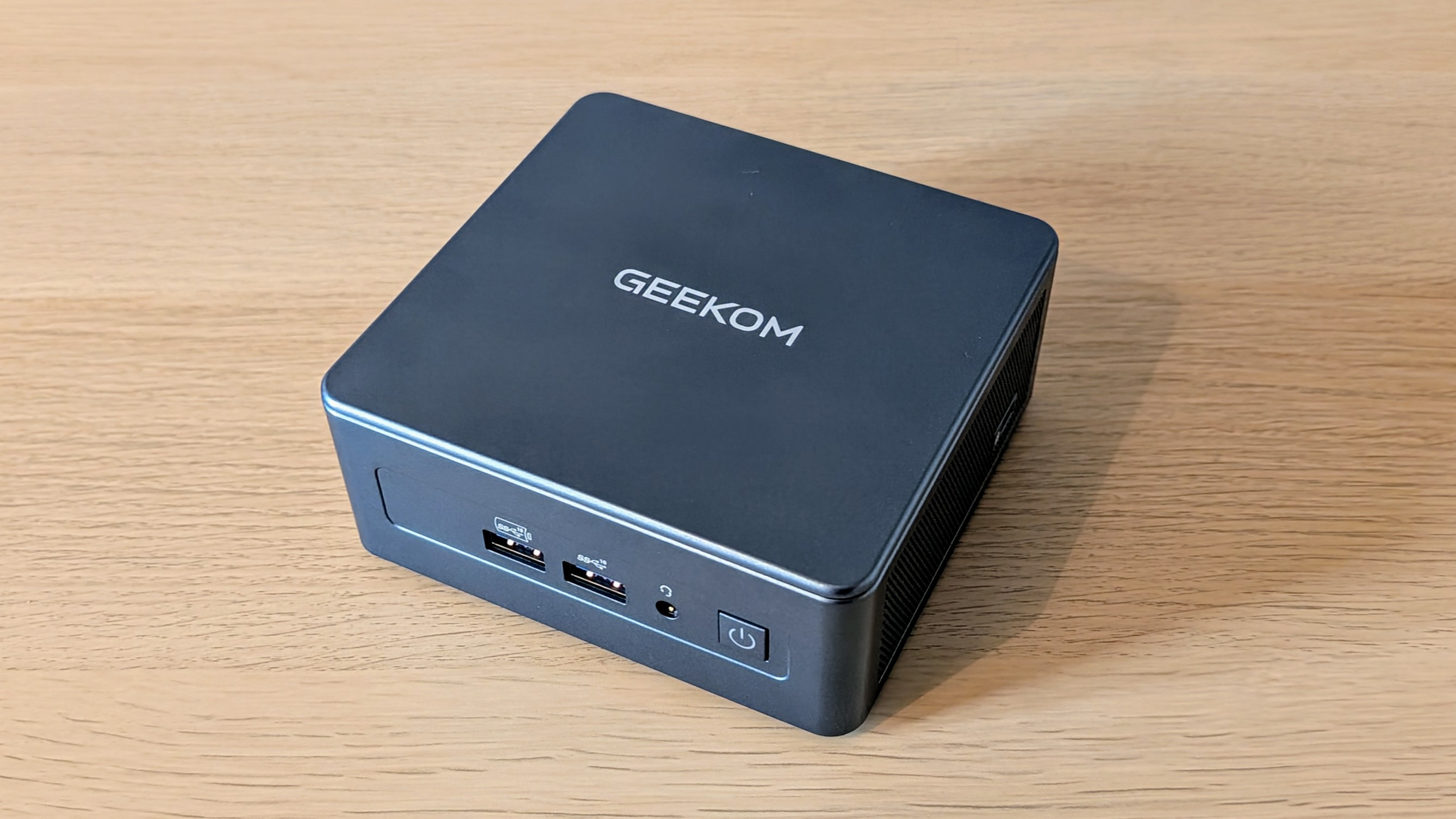Workplace monitoring is still out of control – but some staff are fighting back
Workers say they dislike being tracked, yet employers are still ramping up surveillance practices


One-in-five workers is now being monitored by an activity tracker, new research shows, and it's not doing much for employee morale.
Tracked employees are 73% more likely to distrust their employer and twice as likely to be job-hunting as those who aren’t tracked, according to analysis from Software Finder.
Meanwhile, three-quarters of workers whose location isn't tracked say they'd be unwilling to share that information with the boss.
"As these tools become more widespread — from activity monitors to location trackers — concerns about their impact are growing," the firm said..
"With privacy and mental health at the forefront, many workers are questioning if the trade-off is worth it."
Tech staff are the most likely to be monitored, with one-in-three being tracked during their daily activities, followed by finance, where it's 30%. Similarly, 21% of retail employees are being actively monitored throughout their working week, along with 20% of people working in healthcare, and 17% in the education sector.
The study noted that activity tracking “does not seem to make employees more productive” and in fact has an adverse impact on team morale.
Get the ITPro daily newsletter
Sign up today and you will receive a free copy of our Future Focus 2025 report - the leading guidance on AI, cybersecurity and other IT challenges as per 700+ senior executives
“Tracked and untracked employees report equal productivity levels,” the firm said.
“Tracked employees report higher stress levels, worse mental health, and less job satisfaction than untracked employees."
Despite this, half of managers currently using tracking tools plan to expand their surveillance over the next year, and 13% of those that aren't tracking staff plan to start.
A third of workers are now sharing their computer's location with their employer, and one-in-seven share their phone's location.
Notably, the study found the bigger the company, the more likely it is to be using surveillance tools. Only 8% of workers at micro companies being tracked compared to 18% of those at small companies, 23% of those at medium companies and a quarter of staff at large firms.
Remote and hybrid workers are more likely to be tracked, with a quarter under surveillance, compared with 18% of those working in the office.
Just over three-in-ten managers say they check up on their employees every day, with 35% doing it a few times a week and 23% once a week. Four in five believe it makes their staff more productive.
Staff are pushing back on workplace monitoring
Many workers are rebelling against this growing trend, the study found. One-in-six revealed they’re using a mouse jiggler - a device that mimics movement - to disguise periods of inactivity. Another 12% say they want to start.
However, using a mouse jiggler carries its risks and these controversial devices can be detected. Earlier this year, for example, Wells Fargo fired more than a dozen employees over their use.
The financial services firm said the actions of the employees amounted to gross misconduct and therefore warranted dismissal.
Experts told ITPro at the time that although the firm may have been justified in its response, the incident highlighted the now-pervasive culture of surveillance across a range of industries.
RELATED WHITEPAPER

While worker surveillance is perfectly legal, the UK’s Information Commissioner’s Office (ICO) has previously warned employers that it has to be carried out in a fair and responsible manner.
Guidance issued by the data protection watchdog called on employers to make it clear to staff exactly what they're doing, and have either the worker's consent or a legal obligation for the monitoring.
Similarly, the guidance warned enterprises they must also carry out data protection impact assessments to ensure safe and responsible use.
Emma Woollacott is a freelance journalist writing for publications including the BBC, Private Eye, Forbes, Raconteur and specialist technology titles.
-
 Geekom Mini IT13 Review
Geekom Mini IT13 ReviewReviews It may only be a mild update for the Mini IT13, but a more potent CPU has made a good mini PC just that little bit better
By Alun Taylor
-
 Why AI researchers are turning to nature for inspiration
Why AI researchers are turning to nature for inspirationIn-depth From ant colonies to neural networks, researchers are looking to nature to build more efficient, adaptable, and resilient systems
By David Howell